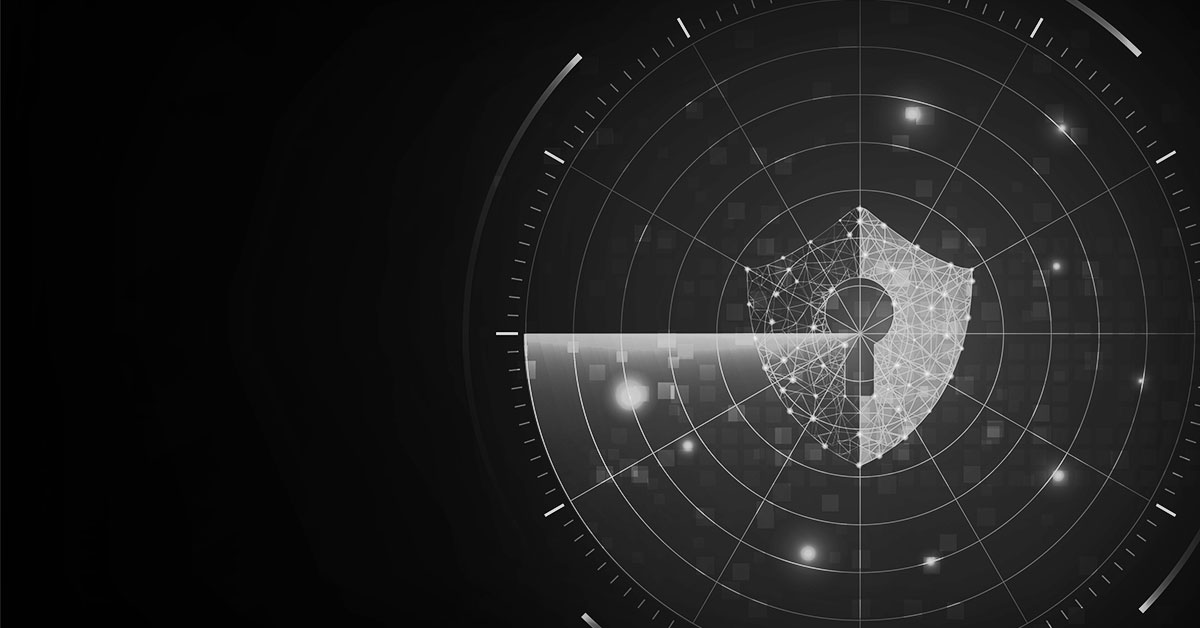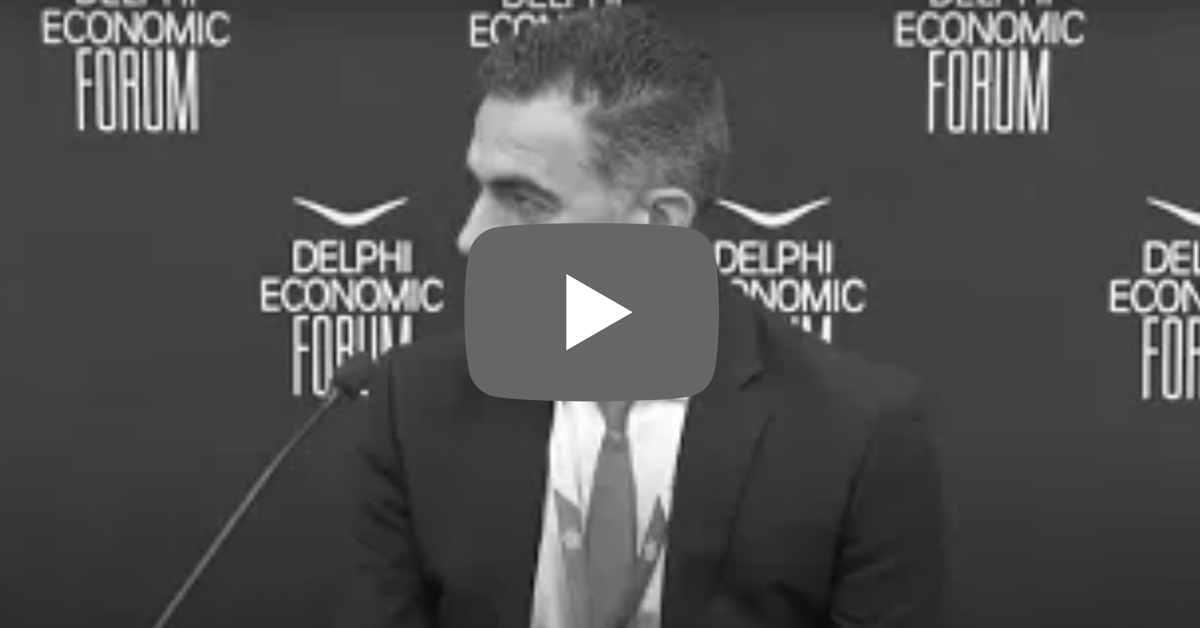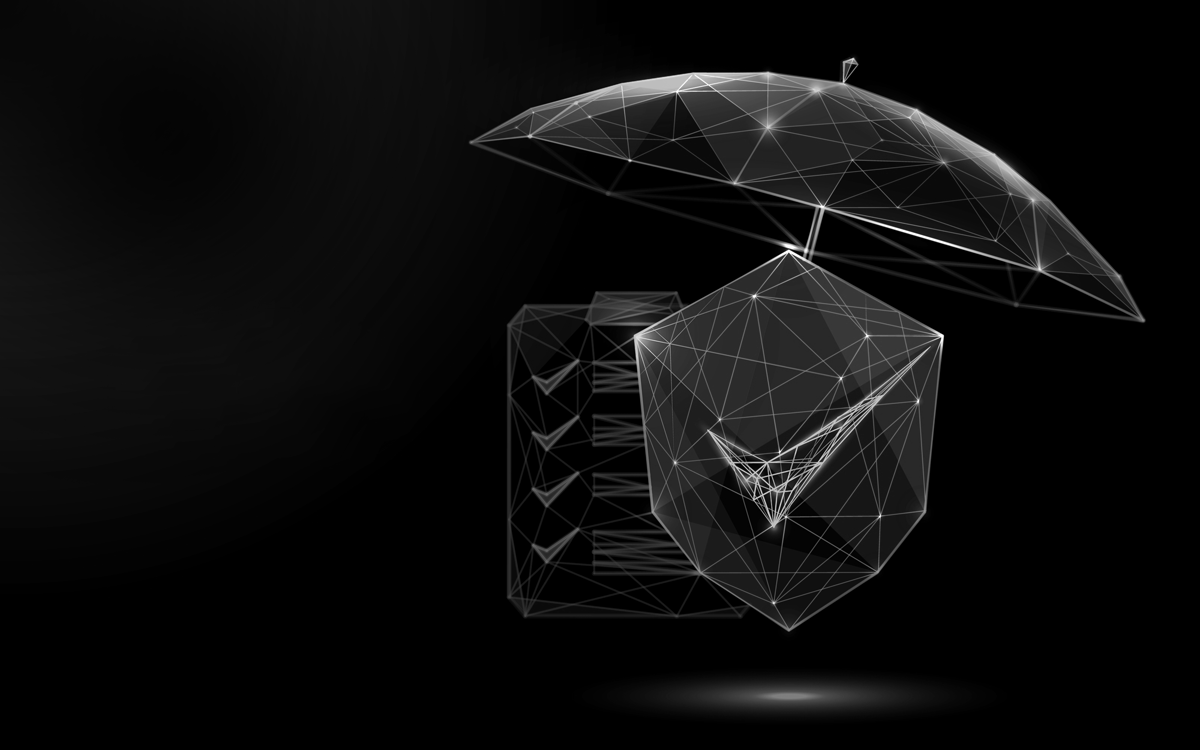

Despite the vital need for cybersecurity in today’s working landscape, there is still a lack of gender diversity within the cybersecurity sector.
Unfortunately, many fail to realize the vast scope of possibilities available within the cyber industry. These possibilities range from highly technical roles to management opportunities. This is one factor that often dissuades women from joining the field. It appears as a highly technical area that doesn’t provide the right environment for women to thrive. Add this to the fact that men and the lack of diversity traditionally dominate the STEM field doesn’t appear unsurprising.
Because of the challenges facing women, it is vital to uplift incredible women in the field. It is also crucial to highlight the fantastic environment curated for women within the cyber industry in the right circumstances.
The Statistics
A 2020 survey highlighted that 43% of UK organizations face a security skills shortage, with the cyber recruitment pool falling short approximately 10,000 people a year.
The limiting factor is often the shortage of women entering the industry. This is often a direct result of a lack of women in leadership positions. In fact, only 10% of board positions within the world’s leading cybersecurity firms are held by women. Unfortunately, many organizations still fail to prioritize diversity, leaving a massive skills shortage across the sector. A lack of diversity is, after all, a lack of thought.
How Obrela is breaking the bias
This year’s International Women’s Day theme is “breaking the bias”. For this Women’s Day on the 8th of March, Obrela wants to spotlight three of our employees, highlighting their experiences and gaining insight into what it is like being a woman in a leadership role in the cybersecurity industry.
Konstantia Barmpatsalou, Security DevOps Engineer at Obrela
How did you start your career in cyber?
I did my Master’s degree in Informational Systems Management and then decided to try something new to challenge myself. I did my second Master’s in Information Security and Discovered Digital Forensics. Then I accomplished my PhD in implementing Mobile Forensic Data Analysis mechanisms in Portugal. It was such an exciting experience for me that I decided to look for a job in this field which is how I eventually chose the cyber industry.
What kind of challenges have you faced being a woman in a male-dominated industry?
Initially, getting a job in Greece was very difficult. There was quite a toxic environment among employers due to the crisis around 2012-2013. There was a small-town mentality that I had to deal with in the job market. Among other incidents concerning lack of trust due to my new-entry status, I experienced sporadic mansplaining in my career. I always had to push a bit harder to establish my worth, which worked out in the end. Thankfully, in 2018 things have changed, and Obrela hired me, where your team skills matter more than your gender.
What kind of advice would you give to other women looking to enter this industry?
Don’t be afraid to be wrong or make mistakes. You will always encounter unwanted behaviors and attitudes. But, if you have faith in your work and your talents, you can grow in a better and healthier environment. Don’t be afraid to be yourself because this is the only way to thrive.
Georgia Michala, Cybersecurity engineer at Obrela
What inspired you to join the cyber industry?
While studying, I worked on a project around cybersecurity. It opened my eyes to how rampant the issue is globally, and I felt inspired to learn more about using my skills to help others. No one day is different, and the job never gets boring.
What is something you are proud to have achieved?
I am proud of my career path and how I have managed to gain my footing in the cyber industry as an engineer, even in a field traditionally dominated by men.
What do you think needs to change in the cyber industry to be more inclusive to everyone?
Organizations should all have clear and practical guidelines for promoting equality and preventing discrimination at work. Selecting a person for a position should be solely based on merit and free from bias, especially when it comes to gender; gender is irrelevant to a person’s ability to do a job. This is why Obrela is #BreakingtheBias.
Angeliki Androutsopoulou, Officer, OBRELA LABS
What kind of challenges have you faced being a woman in a male-dominated industry? How have you overcome these?
Being the only woman in a team full of men often makes people treat you like an outsider – I have faced situations in which people have even disregarded my opinion because of my gender. Add to this the fact that I work in a region where a woman’s role is closely associated with strict gender stereotypes, creating a hostile working environment. But at the same time, I feel lucky for having found Obrela and gaining a lot of support from my team, who also treats me like an equal.
How have you broken the bias in your communities and workplaces?
I have broken the bias by doing my job right and to the best abilities. In this way, we do not allow others to dispute that a woman DOES fit in such job positions and this industry.
What do you think needs to change in the cyber industry to be more inclusive to everyone?
I think it’s only a matter of time before something changes. Already in the four years of working in a cybersecurity company, I have seen the number of women employees not only increasing, but we are undertaking more and more heavy technical roles and responsibilities. Of course, organizations should incorporate gender equality into the core values of their respective organizations from the beginning. Only this way we will eliminate bias and promote inclusion practices.


